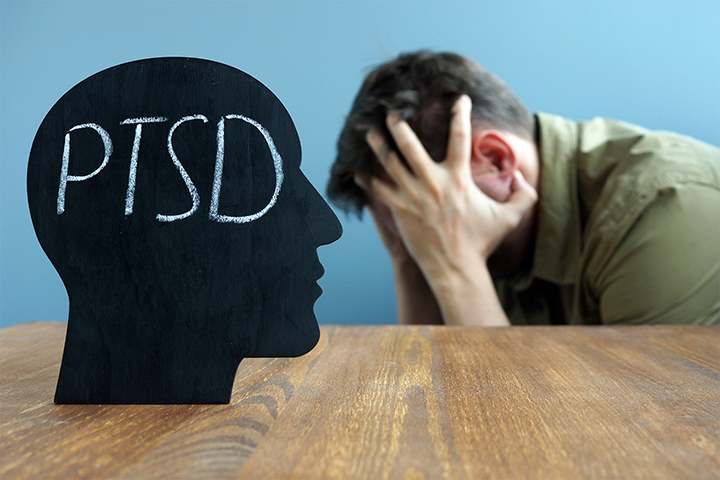Post Traumatic Stress Disorder
Post Traumatic Stress Disorder
PTSD is a mental health condition that can occur after experiencing a traumatic event. It brings about distressing symptoms such as flashbacks, nightmares, and hypervigilance. These effects can disrupt daily life, relationships, and emotional well-being. By acknowledging the impact of trauma, seeking professional support, and employing coping strategies, people can navigate their path towards recovery and regain a sense of control and resilience.

Common Symptoms include:
- Intrusive Memories: Adults with PTSD may experience distressing and intrusive memories of the traumatic event, often in the form of flashbacks or nightmares.
- Avoidance and Numbing: They may actively avoid reminders of the trauma, experience emotional numbness, and withdraw from people or activities that trigger distressing memories.
- Hyperarousal: Adults may have heightened arousal, resulting in difficulties with concentration, irritability, insomnia, and an exaggerated startle response.
- Negative Changes in Thoughts and Mood: Adults might experience negative shifts in their thoughts, feelings, and beliefs, such as persistent guilt, shame, and a diminished interest in previously enjoyed activities.
Interventions at Marga:
- Trauma-Focused Cognitive-Behavioral Therapy: TF-CBT helps adults process and reframe traumatic memories, reducing their emotional impact and teaching coping strategies to manage distressing thoughts.
- Eye Movement Desensitization and Reprocessing: EMDR uses guided eye movements to help adults reprocess traumatic memories, diminishing their intensity and promoting emotional healing.
- Mindfulness and Relaxation Techniques: Teaching mindfulness and relaxation exercises assists adults in managing anxiety and grounding themselves in the present, reducing the impact of intrusive thoughts.
- Medication Management: In some cases, medication may be prescribed by a healthcare professional to alleviate severe PTSD symptoms and support therapeutic interventions.






